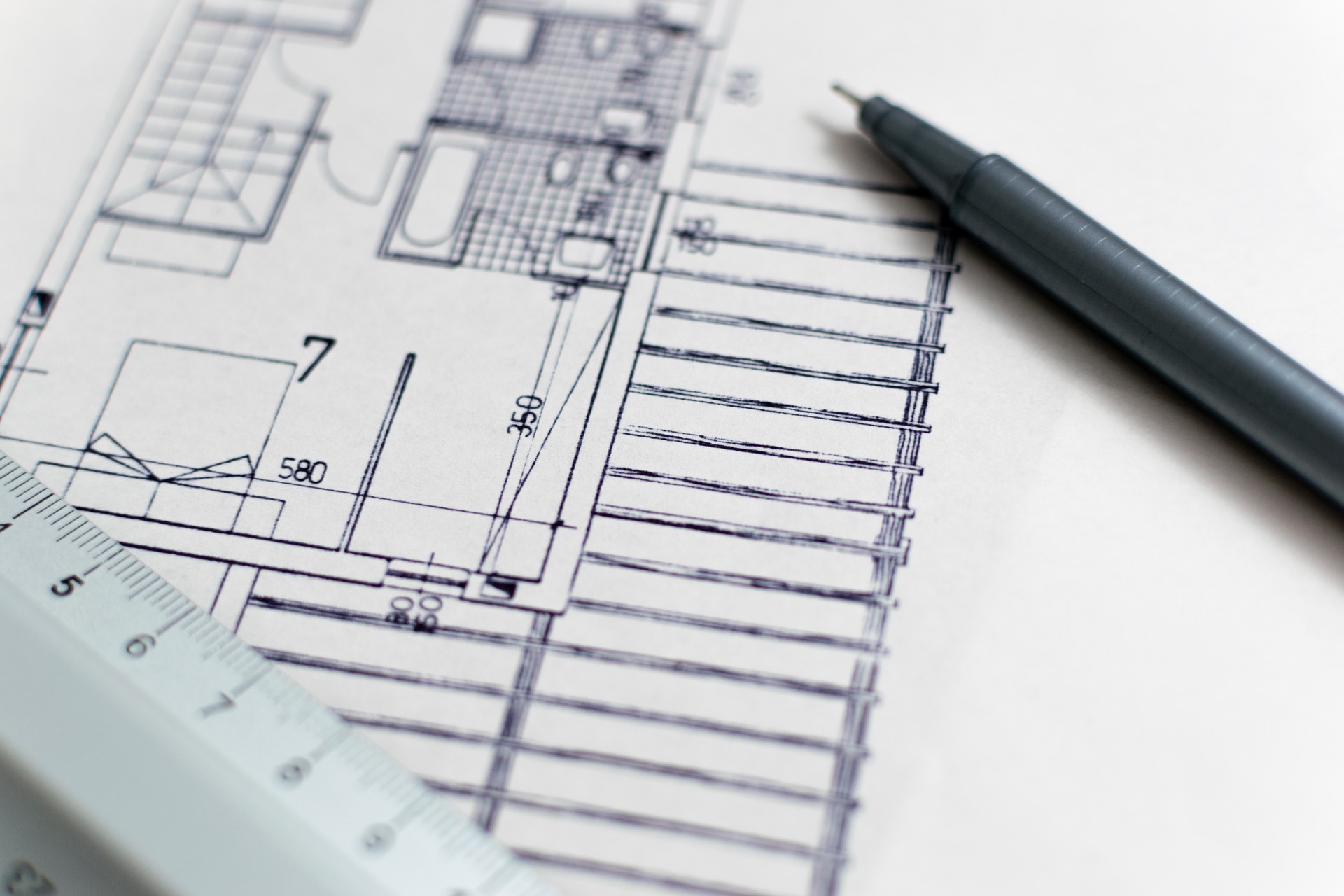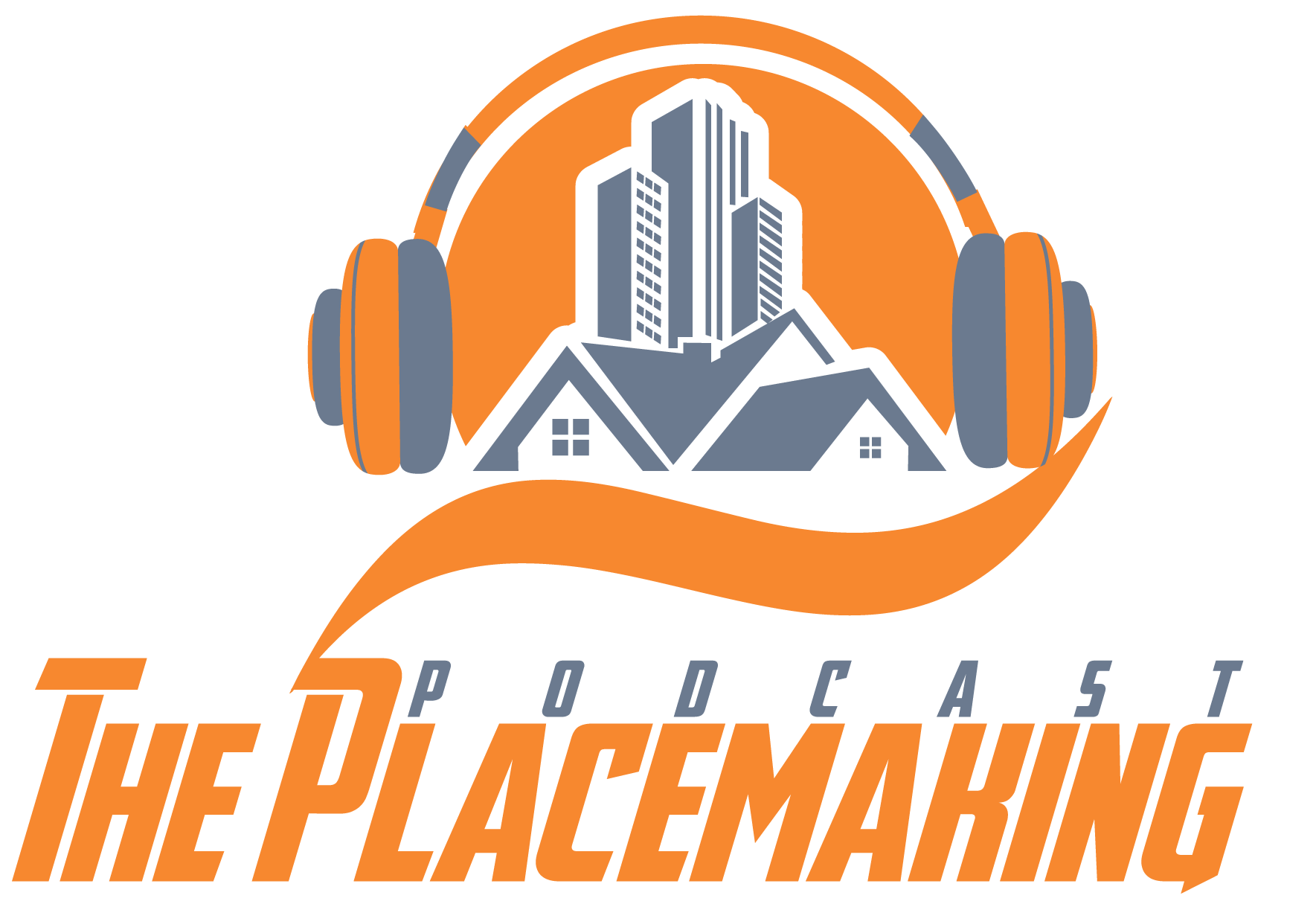- placemakingpodcast@gmail.com
Utilizing Modern Construction Methods to Create Memorable Places with Todd Smith – Ep. 52
About the Guest
I am extremely excited to share this next conversation with all of you. Today on the show I have Todd Smith of 356 out of Toronto, Ontario. What started as a (surprisingly plausible) model of a passive solar chalet for a Grade 4 science fair, culminated over many years as the creative work of developing places where people flourish. Today, through his development firm 356, Todd creates places where people love to live and are proud to call home. Humanizing, beautiful places in characterful, green neighborhoods that encourage health and wellbeing.
While the role of a developer takes shape in literal built environments, Todd has learned that a developer’s core value lies in holding a vision for what could be, then gathering, directing, supporting, and challenging talented people to be imaginative, solve problems, and work together to create something exceptional. This is what drew him to modular construction for a purpose-built rental enclave the company is developing which overlooks a 10-acre conservation area in an exurban community near Toronto, Canada.
Todd and 356 are making places for people who want something different, something more responsible, something that inspires and enables. They’re doing the same for purpose-driven place makers, aligned developers, and investors who share the vision of renewing people and places, while multiplying their capital resources, stewardship and impact. 356 doesn’t try to mimic the past. It doesn’t aim for mass appeal. Instead, the company creates spaces for the many lifestyles that don’t mesh with the majority of homes being built. Design-forward spaces in architecturally engaging buildings that both respect and strengthen communities.
In this episode, we take a look at how modular is being used in this setting, what advantages it affords, some myths surrounding prefabrication, and why it’s important to plan for contingencies no matter what the construction method. There is loads of great information in this episode and I greatly appreciated Todd for taking the time out of his extremely busy schedule to discuss this topic of modular construction in development with me.
As always, if you have enjoyed the show, please subscribe to the show and share it with your friends in the industry. There will be more exciting conversations on the shows to come.
Main Take-Away’s From This Show
This was another really fun episode to record. I enjoyed hearing about Todd’s intro into real estate development from his fourth-grade science project all the way up to the interesting work he’s doing now. His insights into the psychology of creating great places were truly eye-opening. As you’ll hear in this discussion, his experience with modular construction could potentially help you avoid pitfalls with your next project. There were so many great talking points that Todd made throughout the discussion, so it is hard to just pick three for my main take-away’s this week. The following main topics of the show come from an understanding of placemaking and modular construction that he possesses.
- There Can Many Reasons Why Someone Would be Interested in Going Modular
- Common Myths for Modular Construction Busted
- You Can Learn Things from Everyone No-Matter Where they are in the Process
As always, I will dig into each of these “take-away’s” every week on the blog. So, without further a due, here we go!

There Can Many Reasons Why Someone Would be Interested in Going Modular
So, before we really dive deep into this topic, let us define modular construction. Who better to describe modular construction than the Modular Building Institute? They define modular construction as “a process in which a building is constructed off-site, under controlled plant conditions, using the same materials and designing to the same codes and standards as conventionally built facilities – but in about half the time. Buildings are produced in “modules” that when put together on-site, reflect the identical design intent and specifications of the most sophisticated site-built facility – without compromise.” Obviously, they are a little biased in their assessment of the technology itself, but the facts stated in this definition are worth mentioning.
As you can see from the definition, there are some valid reasons that someone might opt for modular construction when thinking about pursuing ground-up development. Some of these reasons include the ability to potentially streamline the building construction phase of your project, reduce construction waste, and a truly unlimited construction design capacity with precision cutting and construction. We touched on most of these reasons for choosing modular in the podcast, however, we also investigated some potential drawbacks to the technology as well.
Some of the drawbacks to modular could be size constraints, inflexibility, increased transportation costs and risk to timeline with shipping. There also could be some permitting hurdles in your local jurisdiction that may slow you down in your process or complete halt it. There are many advantages and disadvantages to utilizing modular construction on your next project. You will need to weigh these heavily before making a decision on whether to use modular or conventional construction methods.
Common Myths for Modular Construction Busted
Todd and I dove into the common myths and rumors behind modular construction and the validity of these based on his own experiences with the process. One of the main myths we discussed is that modular construction is cheaper than conventional construction. Todd’s experience was that the per foot cost for modular was definitely higher but could see some overall reduction in construction costs potentially if managed properly. The ability to have a building essentially arrive on-site ready to erect could potentially lead to reduced schedules and reduced carrying costs for the construction loan.
We also discussed the myth of modular construction being of inferior quality than that of conventional construction. Due to the reduction of human error that can be achieved through modular construction in a controlled space, it seems much more likely that the modular construction would be much more precise and ultimately of a slightly higher quality. Ultimately the modular constructed buildings are held to the same building codes that the conventional construction methods utilize. As you can see, these myths do have some merit but you should ultimately weigh the pros and cons of this type of construction with the needs of the project.
You Can Learn Things from Everyone No-Matter Where they are in the Process
This last main point is one that is almost too simple, but often overlooked by those in the real estate industry and potentially even harder to actually adopt. You should never be afraid to learn from everyone you meet in this industry, no matter where they are on this journey. This is really a mindset shift more than anything. It was interesting to hear all of the various mentors and teachers that Todd has and how they have shaped his journey. He understands that he needs to continually learn from others to truly create the developments and places that he feels called to build. He learns from other local developers, books, and podcasts. Really just finds anything he can to continue to sharpen his competitive edge in the market.

Todd understood that he may not be doing quite the same projects as everyone else, but everyone really runs into much of the same problems throughout their experiences. He understood that you never really should feel like you know everything about the industry. This allows them to really create some unique placemaking projects that help them stand out from the rest. This promotes the mission of 356 Development in a way as it is grounded in the constant pursuit of innovation.
As you can see from the take-aways above, this podcast episode was absolutely full of great information on making it in real estate development and the benefits of utilizing modular construction in placemaking. If you have enjoyed the content and the show, please subscribe to the show below and share with your friends in the industry! We’ll have many more great discussions on the shows to come.
To Learn More About Todd Smith and 356 Development, Check out the Following Websites:
Recommended Reading Section
P.S. We spend (a lot) of time, sweat, tears, and money creating each episode of The Placemaking Podcast. We do this without the support of sponsors as we want to keep the advertisements out of the picture and provide an add-free listening experience. YOUR support ensures we can keep delivering these discussions ad-free!
If you feel compelled to donate to the show (and receive some cool bonuses…) you can check out my Patron Page.
Subscribe To Our Weekly Updates
Find Us Here
The Placemaking Podcast
All Rights Reserved © 2020
Podcast: Play in new window | Download (Duration: 50:19 — 26.6MB) | Embed
Subscribe: Apple Podcasts | Spotify | TuneIn | RSS | More








